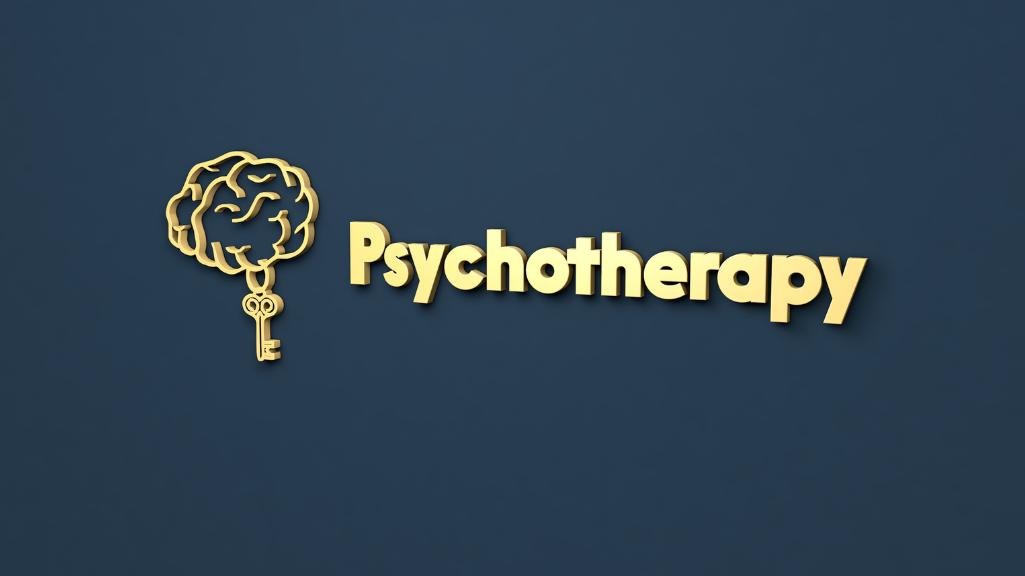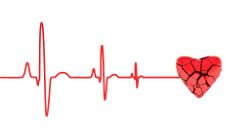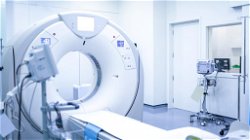Understanding Mental Health: Symptoms and Treatment Options
Steffan Addison
. 3 min read
A mental illness is a physical illness of the brain that causes disturbances in thinking, behavior, energy or emotion that make it difficult to cope with the ordinary demands of life. Research is starting to uncover the complicated causes of these diseases which can include genetics, brain chemistry, brain structure, experiencing trauma and/or having another medical condition, like heart disease. By integrating video chat into mental health services, individuals can enhance their well-being, receive timely assistance, and contribute to their community by actively participating in their own mental health care.

Symptoms of Negative Mental Health
1. Feeling anxious or worried
We all get worried or stressed from time to time. But anxiety could be the sign of a mental health disorder if the worry is constant and interferes all the time. Other symptoms of anxiety may include heart palpitations, shortness of breath, headache, sweating, trembling, feeling dizzy, restlessness, diarrhoea or a racing mind.
2. Feeling depressed or unhappy
Signs of depression include being sad or irritable for the last few weeks or more, lacking in motivation and energy, losing interest in a hobby or being teary all the time.
3. Emotional outbursts
Everyone has different moods, but sudden and dramatic changes in mood, such as extreme distress or anger, can be a symptom of mental illness.
4. Disrupted sleep
Poor sleep could be a red flag that you’re experiencing depression or anxiety. Whether you have trouble falling asleep or difficulty staying asleep also known as “early morning wakening”, when you wake up and cannot fall back asleep it could be a signal of a mental health concern. Frequent oversleeping could be a sign as well, demonstrating that your body is fatigued to the point of burn-out.
5. Loss of joy
It’s normal to have a bad day every now and then, and life is bound to bring you some sadness at some point. But, if you routinely find less happiness and enjoyment in activities that you used to love, it could be a sign that something’s not quite right.
Different Types of Mental Health Treatment
1. Psychotherapy or Counseling
1.1 - This also is called talk therapy. It is one of the most common treatments for mental health disorders. It involves talking about your problems with a mental health professional but is so much more.
1.2 - The is an education element, a focus on relaxation exercises and coping skills as well as stress management. There are many types of talk therapy. Some common ones include cognitive behavioral therapy or dialectical behavior therapy.
1.3 - Talk therapy is often done one-on-one. It can also be done in a group setting or with your family. Individual and group talk therapy is sometimes helpful. This type of therapy can be useful even for those who do not have a mental health condition and are simply going through challenging life situations (grief, divorce, etc.).
2. Psychotherapy
In recent years, significant advances have been made in the field of psychotherapy, which is sometimes referred to as talk therapy. By creating an empathetic and accepting atmosphere, the therapist often is able to help the person identify the source of the problems and consider alternatives for dealing with them. The emotional awareness and insight that the person gains through psychotherapy often results in a change in attitude and behavior that allows the person to live a fuller and more satisfying life.
3. Medication
It is important to know the benefits of prescribed medications, as well as their potential side effects, and to talk to your doctor about any concerns that you may have. As you consider your options, it may help to know some basic facts about medication.
3.1 - Every medicine has its benefits and its risks. Deciding to take medication is all about balancing possible benefits against possible side effects. Sometimes, it's hard to know how a medicine will affect you until you try it.
3.2 - Medications often help the most when they're part of an overall treatment program. Your plan may include psychotherapy, peer programs and rehabilitative services to help with problems that medication alone can't treat.
Conclusion
In conclusion, mental illness is a physical illness of the brain that affects a person's ability to cope with the ordinary demands of life. Negative mental health symptoms can include anxiety, depression, emotional outbursts, disrupted sleep, and loss of joy. It is important to seek treatment for mental health concerns, which can include psychotherapy or counseling, medication, or a combination of both. Talk therapy is a common treatment that can include education, relaxation exercises, and coping skills. Psychotherapy can help individuals gain emotional awareness and insight, leading to positive changes in attitude and behavior.
More Stories from
The Versatile Guava: A Fruit with a Multitude of Uses
From its delightful taste in culinary creations to its potent health benefits and skincare properties, guava has become a beloved fruit worldwide.
Cardiac Arrest: Understanding and Managing a Life-Threatening Emergency
Cardiac arrest is a life-threatening emergency that requires immediate medical attention. This article provides a concise guide on how to respond effectively to cardiac arrest situations.
Advancements in Medical Technology: Improving Healthcare Access
Embrace the future of healthcare with these advancements, fostering a more inclusive and accessible healthcare system for all.
Cognitive Enhancers: The Ethics and Implications of Brain-Boosting Drugs
Explore the ethics and implications of cognitive enhancers, also known as "smart drugs," that promise improved cognitive abilities.
The Role of an Orthopedic Surgeon in Modern Medicine
This article provides an insightful overview of orthopedic surgeons and their significant contributions to modern medicine.











.png?width=40&aspect_ratio=1:1)
